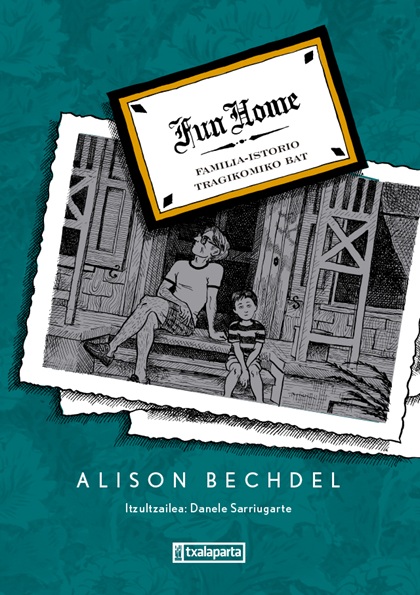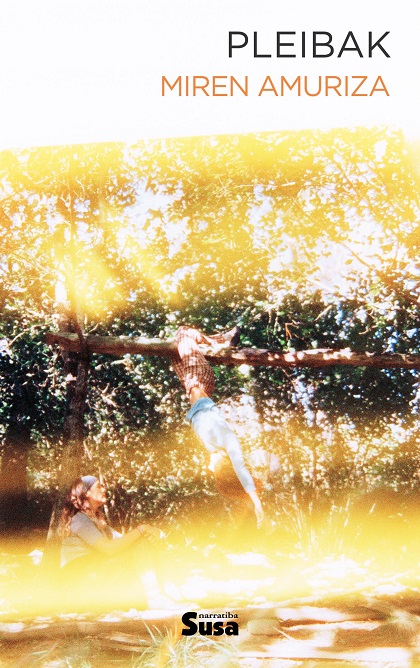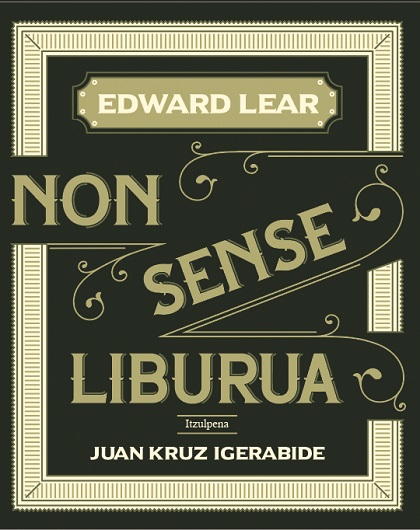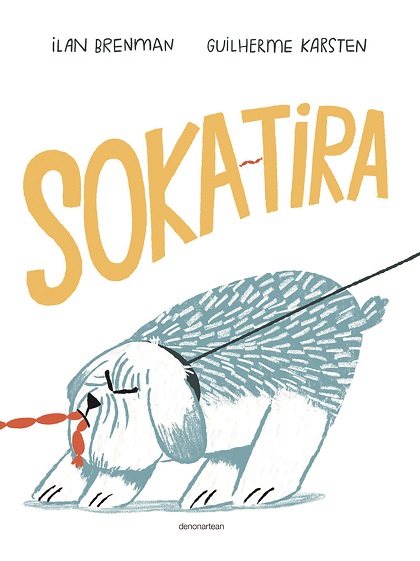A-aaaa ...
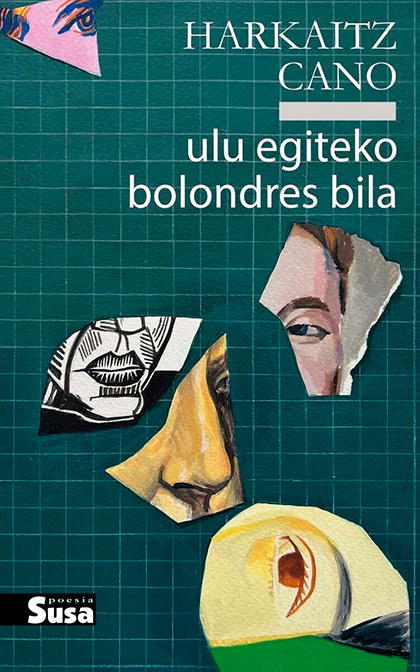
in search of volunteers for the
uleo Harkaitz Cano
Susa, 2023
------------------------------------------------------------
Wolves walk sideways and have a howl, a way to call the group. Harkaitz Cano (Lasarte-Oria, 1975) recently published an ulu in search of volunteers for the ulu (Susa, 2023), which calls the reader and all those who bring these lines together, leaving a few in their warm state.
“Less bad / nobody / doesn’t listen to poets.” The back cover of the book is a clear declaration of intent, a measure to liberate in some way the responsibilities that are attributable to it or the recognition of licenses adoptadas.Un year after the publication of the collection of soneses "Susa, 2022), half of the joy (Susa, 2022) rejects the forms and measures established then in writing and, as the Cano himself confesses, explores the limits of poetry. In it we can find lists and choruses, specific errors, poems from the bottom up, cured without using words, that fulfill the intentions rejected, with omissions and writings without pressing the enter button.
The 43 poems that make up the book are divided into four sections. Portraits predominate in the National Portrait Gallery section, adapted to numerous plans. In addition to serving to analyze the society and the current way of life, those who speak of writing and authorship draw attention: humor and irony are an invitation to reflection n.En the Book of Prayers section draws attention, following the formal plurality cited, the conversations between some texts and others: those who speak of the bird turned into a hymn in our country stand out. As the title itself has announced, the Book of Lists section in general contains lists that, as Eco blinks, have been elaborated as “everything that our supposed sense gives for good / wanting to fit”. Finally, the Claretian Laboratory (1) is a section composed of a single extensive poem, which also includes the first considerations of several authors and the “second hand reflections”.
It is about envy waiting for someone to have them: a challenge or a proposal; after all, a howl. We already know about metalworking, but is there a better way to think than to do poetry?
Fun Home. A tragic family
history Alison Bechdel
Txalaparta, 2024
---------------------------------------------
Fun Home. Alison Bechdel is known for the first publication of the graphic novel A Tragic Family Story (2006), although he himself participated in several... [+]
PLEIBAK
Miren Amuriza Plaza
Susa, 2024
--------------------------------------------------
Susa has published Miren Amuriza's second novel in the atrium of the Durango Fair: Plead. It's plebiscites because you're singing about an earlier recording. Berria includes the... [+]
Book Non sense
Edward Lear
Translation: Juan Kruz Igerabide
Denonartean, 2024
----------------------------------------------
The writer and illustrator Edward Lear published this work in 1846. As Igerabide says in the prologue of the book, “nonsense humor, absurd... [+]
Hetero
Uxue Alberdi
Susa, 2024
----------------------------------------------------
In the era of negationism, the manosphere and trolls, the contribution of literature is essential, because it is an exceptional instrument to look at the folds of reality: the situations... [+]
Guardasola wants rain
Patxi Zubizarreta
Illustrations: Irrimarra
Ibaizabal, 2024
---------------------------------------------
30 years ago Patxi Zubizarreta published the book Marigoringoak hegan; J. M. Illustrated by Lavarello and by the hand of the Catalan publisher... [+]
Eyes on the horizon
Writer: Illustrator Miren Agur
Meabe: Ane Pikaza
Elkar, 2020
-------------------------------------------------------
Miren Agur Meabe has published several texts and books. He's worked with all the literary genres: children's and youth literature,... [+]
Barrengaizto
Beatrice Salvioni (Translation:
deceit Fernando Rey)
Txalaparta, 2024
------------------------------------------------
Fernando Rey has chosen the title of Barrizto to translate La malnata de Beatrice Salvioni. King says he has tried to be the voice of the... [+]
PELLOKERIAK
Ruben Ruiz
Illustrations: Joseba Beramendi, exprai.
Elkar, 2022
-----------------------------------------------
Rubén Ruiz offers a new work of short stories. They are not micronarratives, because the stories, although they can be read independently, have a... [+]
Memet
Noemie Marsily and Isabella
Cieli For Centos, 2022
--------------------------------------------------
We opened the zipper of the camping in red and looked through the leek along with Lucy. With this cover, the reader receives the comic book Memet. Simple words... [+]
A Heart Museum
Leire Vargas
Elkar, 2024
-----------------------------------------------------
The Basque cultural system has a thirst for young people. That's what Leire Vargas said in the written column in Berria. The industry is looking for fresh, varied and diverse... [+]
What you love. Word recall, live reading
Miren Billelabeitia
Pamiela, 2022
------------------------------------------------
Miren Billelabeitia has been a professor at the institute, a literary aficionado and a professor of Universal Literature for years. In 2022 he... [+]
Snarka Lewis Carroll
Hunting
Images:
Translation and Edition of Henry Holiday:Manu LÓpez Gaseni
Pamiela, 2024
-------------------------------------------------------
The work we have before us was published in the spring. After the works of Alice in Wonderland,... [+]
Lighting
Miriam Luki
Susa, 2023
-------------------------------------------------
Translations
Miren Agur Meabe
Elkar, 2023
--------------------------------------------
Last year, Miren Agur Meabe published the novel Itzulerak. As the main characters are young people, we could say that it is juvenile literature, but when literature is good, it is for... [+]
Text:
Ilan Brenman
Illustrations: Guilherme Karsten
translation: In Alkain
Denonartean, 2024
-------------------------------------------------
At the end of this album is a quote from Benjamin Franklin: “There has never been a good war, nor a bad peace.” And... [+]









